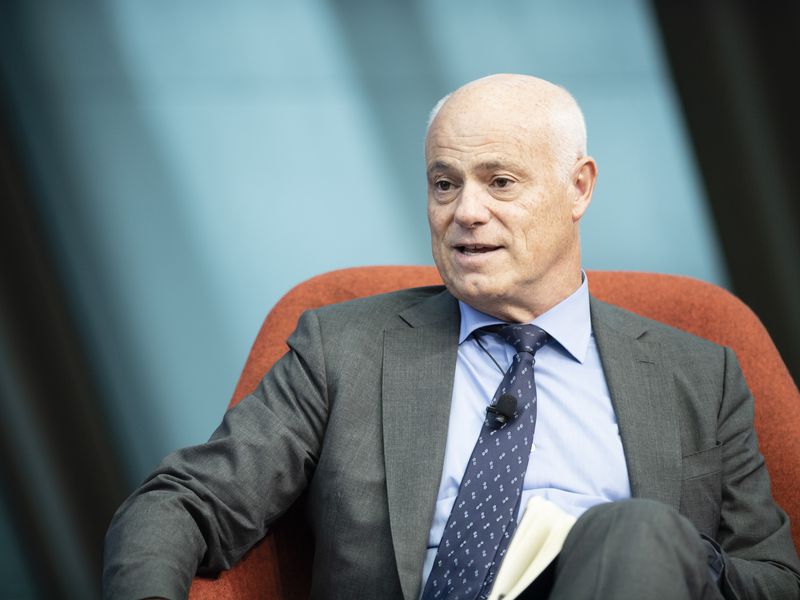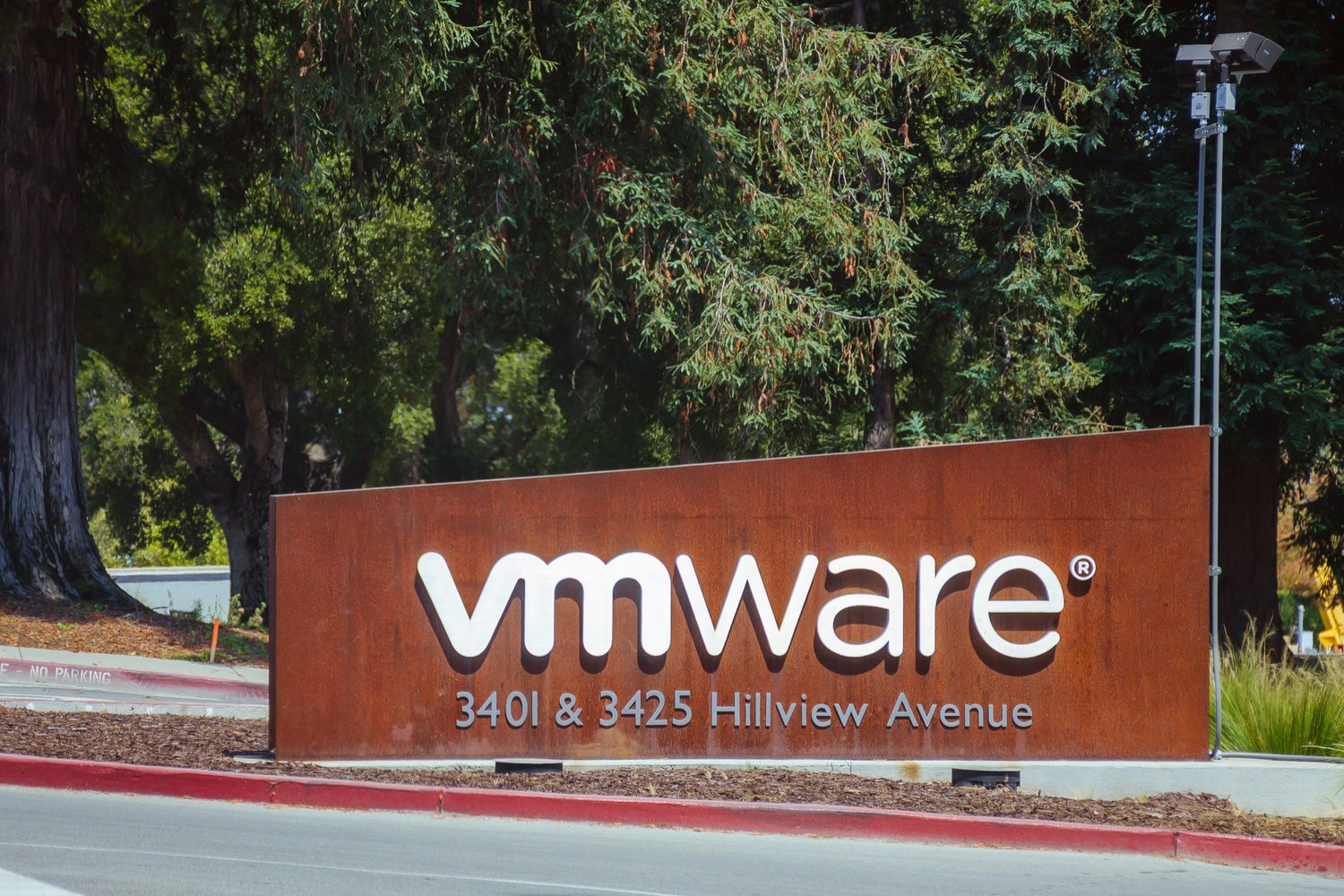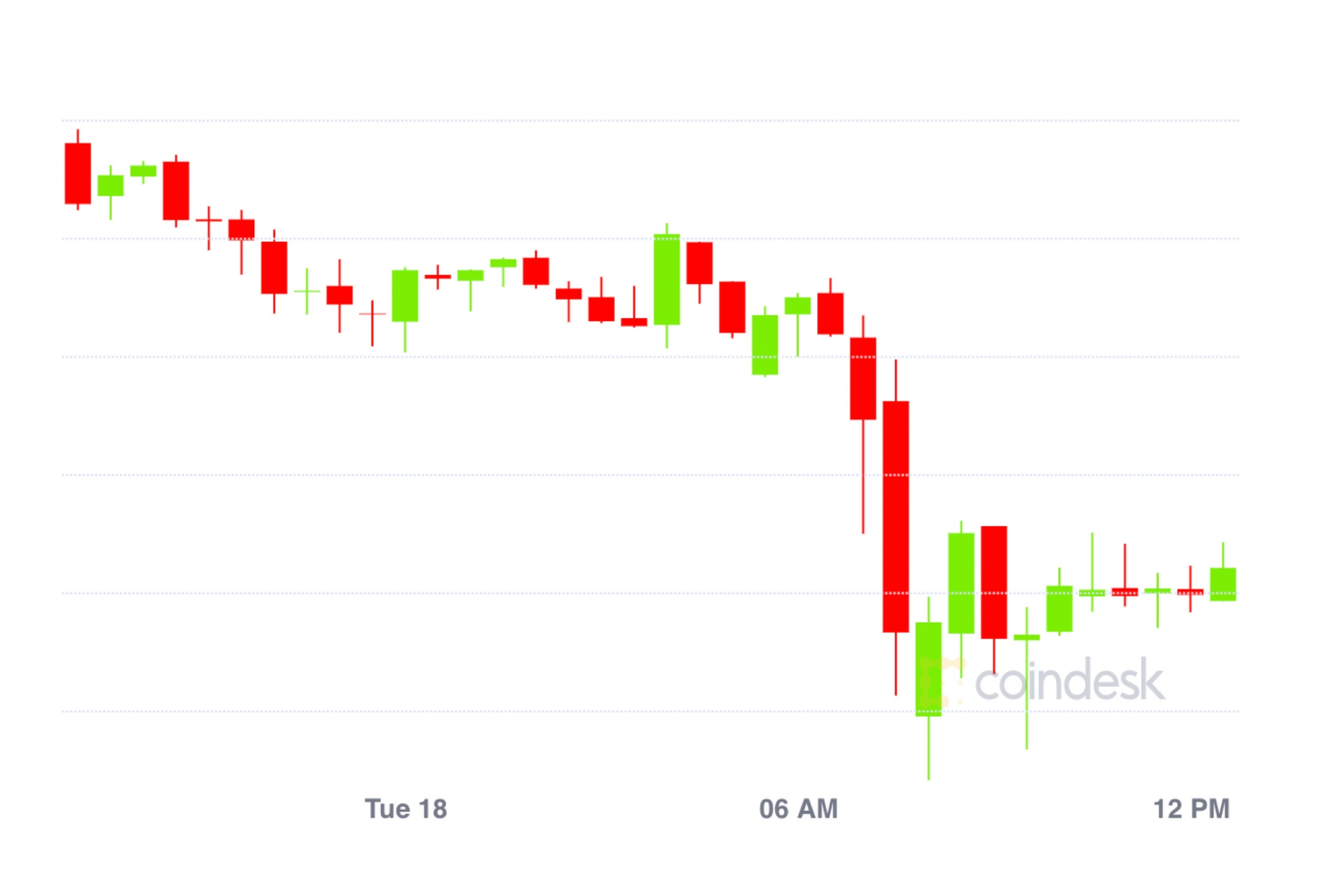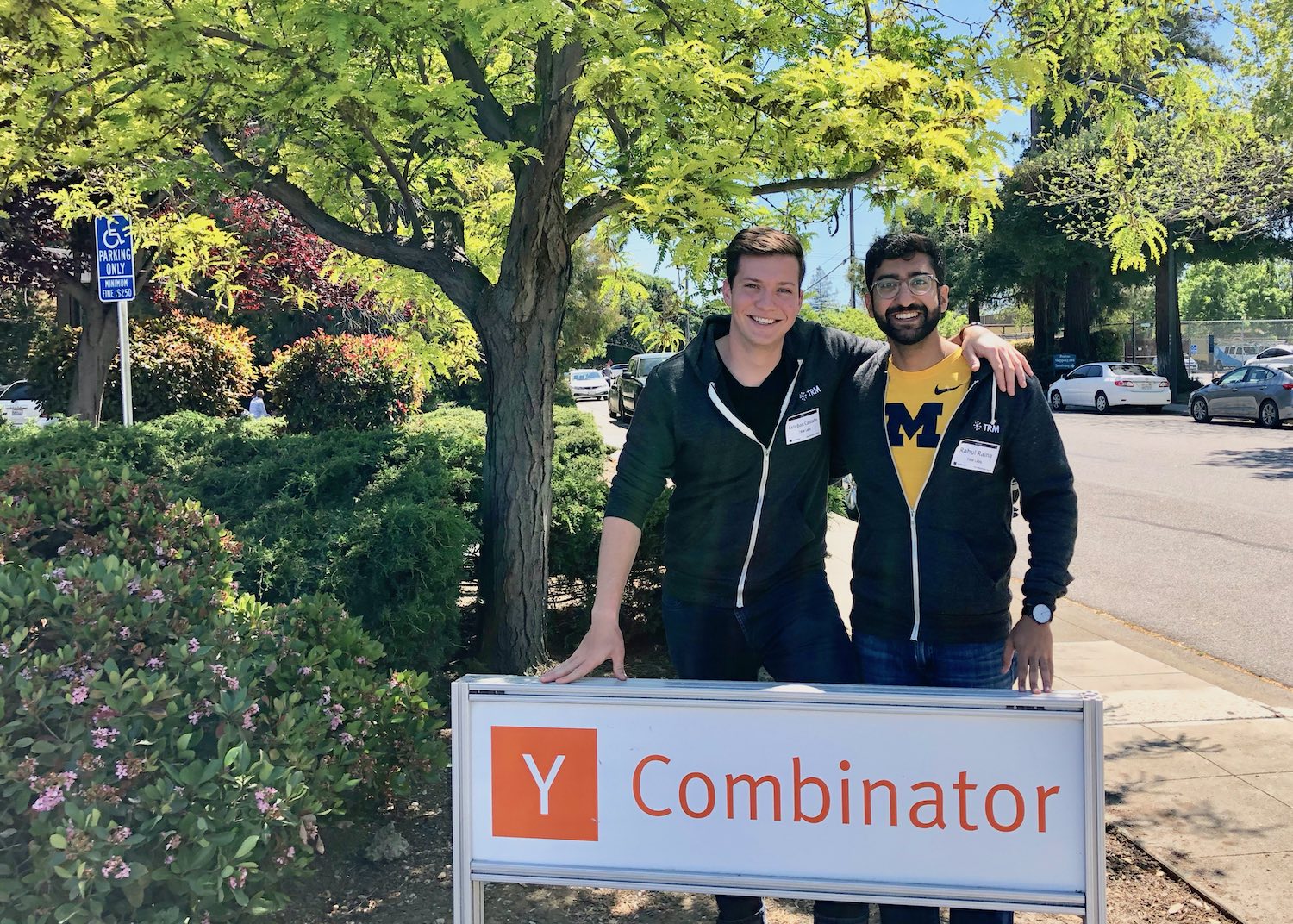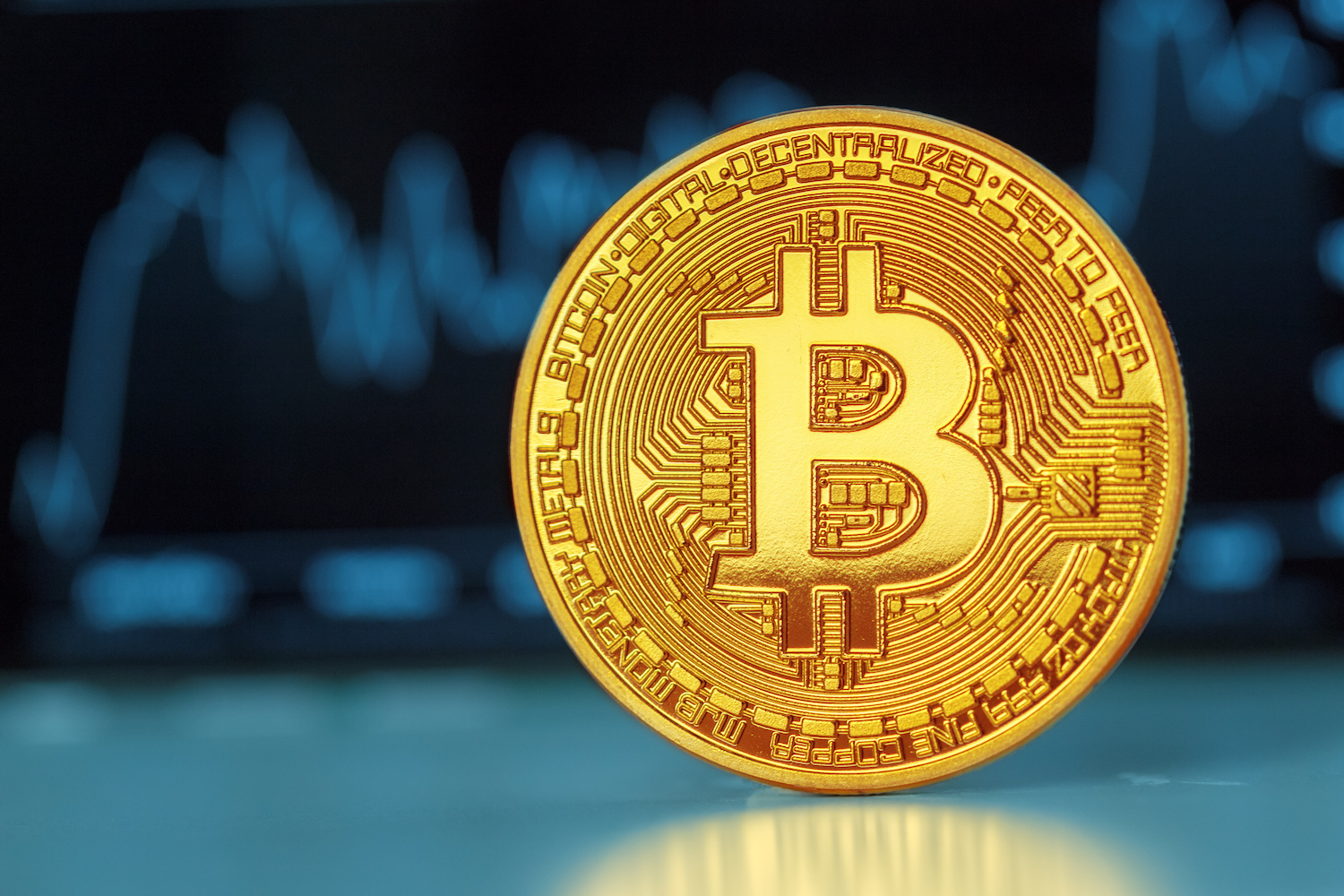Big Banks, NY Fed’s Innovation Group See Merit in Digital Ledgers for Global Payments
Citigroup Inc., HSBC, BNY Mellon and other global financial giants have been experimenting with what they call a “regulated liability network” for conducting round-the-clock, wholesale payments using shared ledgers, and a paper released Thursday suggests the system has potential.
Fitting somewhere in the middle of the debate between central bank digital currencies (CBDCs) and private stablecoins, the Federal Reserve Bank of New York’s New York Innovation Center (NYIC), which has collaborated on the project since last year, concluded that “the network has the potential to deliver improvements in the processing of wholesale payments due to its ability to synchronize U.S. dollar-denominated payments and facilitate settlement on a near-real time, 24 hours a day, 7 days a week basis.”
“From a central banking perspective, the proof of concept was conducive to exploring tokenized regulated deposits and understanding the potential functional benefits of central bank and commercial bank digital money operating together on a shared ledger,” said Per von Zelowitz, director of the NYIC, in a statement. The center added that it’s not endorsing the approach, and its work doesn’t reflect any position of the Federal Reserve.
The theoretical payment network experimented with transactions in commercial bank deposit tokens, settling with hypothetical wholesale CBDCs on the same platform and using a shared ledger. It also looked at wholesale movement of U.S. dollars across borders. The network cut some of the friction over “speed, cost, off-hours availability, and the settlement process” for payments, according to the group’s proof-of-concept released Thursday.
The participants – also including Mastercard, PNC Bank, Swift, TD Bank, Truist, U.S. Bank and Wells Fargo – haven’t committed to any next steps with the experiment, they said.
The Federal Reserve is on the verge of starting its long-awaited FedNow real-time payments system in the U.S., which is meant to allow banking customers’ transactions to clear right away rather than over the course of a couple of days.
UPDATE (July 6, 2023, 16:41 UTC): Adds details on the nature of the experiment.
Edited by Nikhilesh De.



